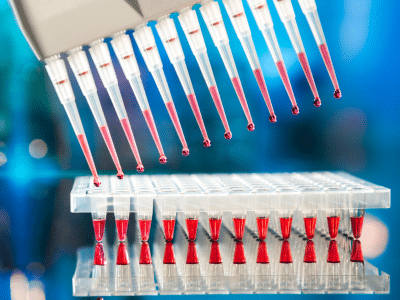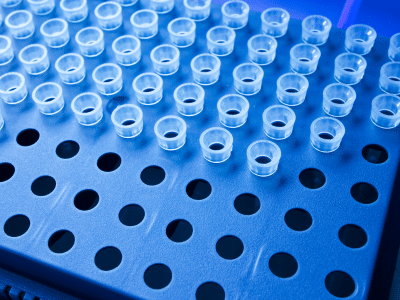The diagnosis of osteoarticular infections requires specific and efficient management throughout the care chain.
Osteoarticular infections affect approximately 30,000 patients each year in France.
It is known that 5,000 have an infection on the material, including 3,000 on prostheses, i.e. approximately 1.5% of implanted hip or knee prostheses.
Care adapted to each situation
Each case requires a specific and adapted management which may require one or more surgical operations.
In the case of an infection of a hip or knee prosthesis, it will be necessary to wash the joint and the prosthesis material.
Then, 2 options are available :
- Either the prosthesis is replaced directly at the end of the cleaning, which will require only one intervention
- Either it is necessary to remove the prosthesis during a first intervention which will have to be followed by a second one for the implantation of a new prosthesis within a period which can go from several weeks to several months, after a medical treatment allowing to eradicate the infection
The consequences can be severe for the patient such as bone grafts or skin grafts to close the wound.
The diagnosis that the infection requires a perfectly controlled process
As previously mentioned, the patient management is heavy and requires the rapid implementation of an adapted and effective treatment.
For this, it is essential that at each stage of the diagnosis, products and protocols are selected that will enable performance.
In order to set up the appropriate drug protocol, it is necessary to be able to carry out the analysis of the infectious body under conditions allowing :
- To reduce the risk of contamination from the sample
- To save time during the analytical phase
- To have a perfect sealing of the primary container
- To have an efficient grinding of the infectious body to guarantee the control of the analytical process
- To carry out the sampling directly in the operating room thanks to a compatible packaging
- Guaranteed traceability from the operating room to the storage of the sample
Solutions exist that cover all these conditions with the added benefit of not having to open the container between sampling and preparation in the laboratory.
Discover the protocol set up at Lyon’s HCL to provide rapid and appropriate care for patients.




